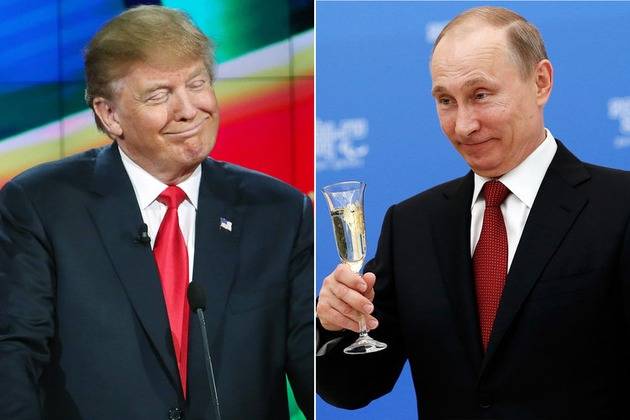Oh, I bet Vlad's sitting in his dacha laughing while sipping Vodka.
Lame-brained politicians simply can't figure such stuff out.
Read more @ Russian Sanctions Begin To Backfire - Business Insider
Lame-brained politicians simply can't figure such stuff out.
Read more @ Russian Sanctions Begin To Backfire - Business Insider


